Royal Marines from 30 Commando Information Exploitation Group have been testing the limits of uncrewed technology during Cold Weather Training in Norway, trialling drones designed to operate in some of the most challenging conditions on Earth.
Deployed inside the Arctic Circle, the commandos have been working as part of the Royal Navy’s annual programme of Arctic exercises.
This year, a key focus has been testing First-Person View (FPV) drones developed under 30 Commando’s dedicated ‘DroneWorx’ programme — an initiative aimed at delivering lightweight, adaptable, and rapidly deployable surveillance systems to frontline teams.
In temperatures plunging well below freezing, conventional electronics and batteries are prone to failure. Cold weather significantly depletes battery life and can cause brittle fractures in sensitive components. To overcome these challenges, the Royal Marines’ FPV drones incorporate 3D-printed parts, enabling fast prototyping, field repairs, and even tailored mission modifications while deployed in austere environments.
View this post on Instagram
By conducting live trials in Norway’s harsh climate, the Royal Marines were gathering critical data on range, power retention, and structural resilience under extreme cold. This information feeds back directly into operational development, ensuring that uncrewed systems remain dependable even when deployed to the most inhospitable regions.
The integration of drones into Commando operations represents a significant force multiplier. FPV drones allow small, agile teams to extend their situational awareness well beyond line of sight. In an environment where every movement risks detection, drones offer a means to scout ahead, assess enemy positions, monitor natural hazards, and plan safe routes — all without exposing personnel to unnecessary danger.
Moreover, the modularity of the DroneWorx designs gives operators the ability to adapt their systems to meet specific mission requirements, whether for reconnaissance, target acquisition, or supporting broader operational tasks. The ability to conduct repairs and modifications in the field, without specialist equipment, further enhances the independence and resilience of deployed forces, it’s really quite remarkable.
This work forms part of the broader transformation of the Royal Marines under the Future Commando Force programme. The emphasis is on creating a forward-thinking, flexible fighting force — one that is able to operate dispersed, self-supported, and with access to the latest in uncrewed and autonomous technology.
The collaboration between 30 Commando, the Defence Science and Technology Laboratory (Dstl), and the Royal Navy’s innovation unit NavyX ensures that frontline Commandos are closely involved in the development of new capabilities. Operational experience feeds directly into design improvements, accelerating innovation and keeping pace with the demands of modern warfare.
As threats evolve and future operations are increasingly likely to take place in extreme environments — from frozen tundra to dense urban settings — the Royal Marines’ work with drones ensures they retain their reputation for adaptability, resilience, and cutting-edge capability.
In Norway, where the cold can freeze batteries in minutes and strip the life from conventional equipment, the Royal Marines have shown that when the mission cannot wait, neither can innovation.


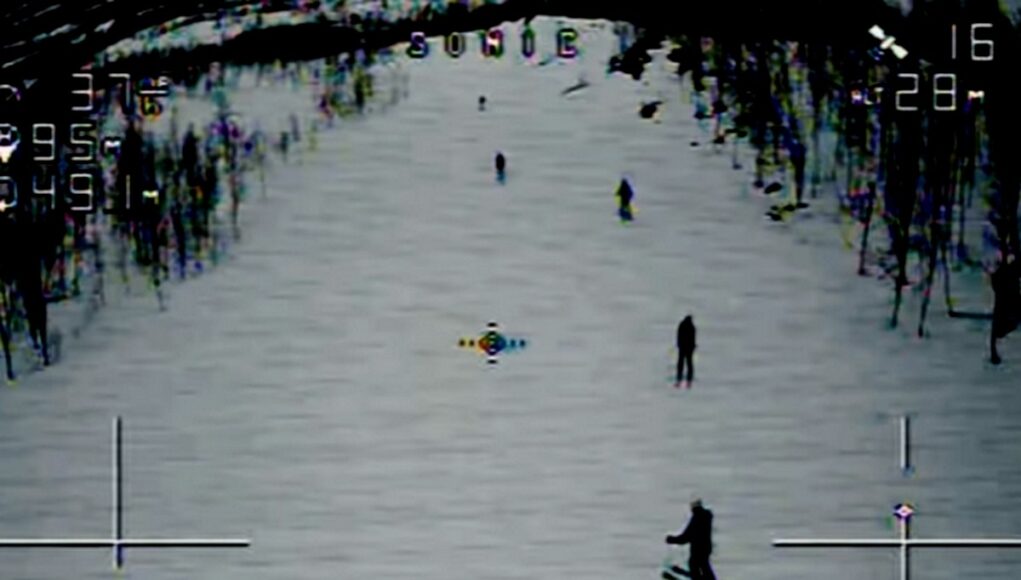
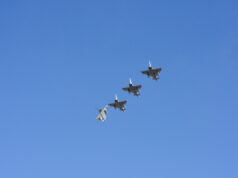
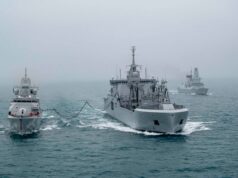
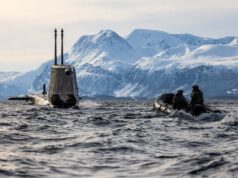

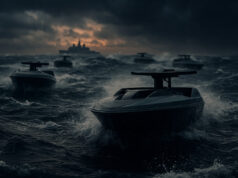
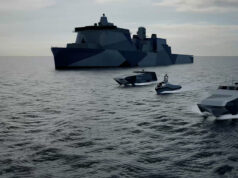
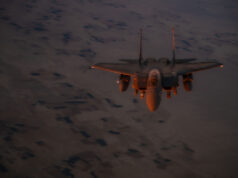
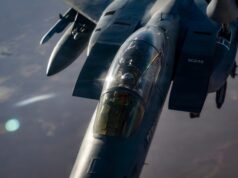
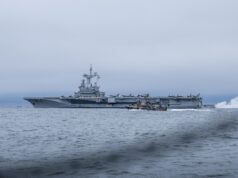
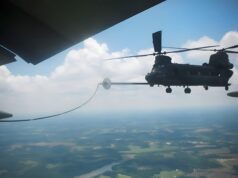

Google pay 92 every hour my last check was 8400 working 10 hours per week on the web. My more youthful sibling companion has been averaging 18k throughout recent months and he works around 24 hours per week. I cannot accept how simple it was once I attempted it out.This is my main thing……….,.,.,.. WORKSTAR1.COM
hello gt rewee